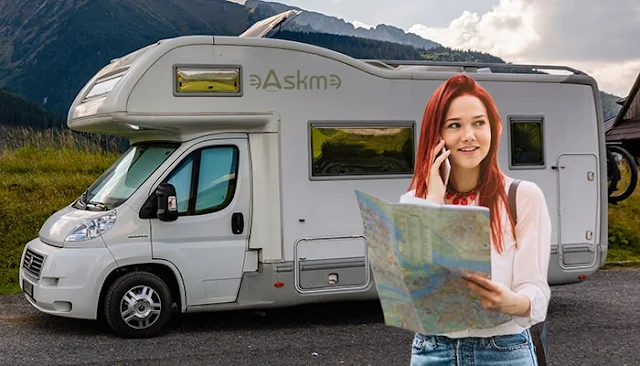Embarking on a journey with an RV can start as a dream, offering the freedom to explore the open road with all the comforts of home tagging along.
However, as the miles stretch on and the years pass, the hidden costs of RV ownership emerge, revealing a more complex financial picture than many might anticipate.
When the Road Ends: Turning Your RV into Cash
 |
| Taxing Travels, The Hidden Costs of RV Ownership Over Time: eAskme |
The culmination of these expenses can lead RV owners to a critical junction where they must decide whether to continue investing in a depreciating asset.
This is particularly true in places like Texas, where the market for used RVs is vibrant, and the concept of trading junk RVs for cash in Texas is a feasible option.
For those looking to unload their RV, doing so can provide a substantial financial return, mitigating the continual outflow of cash into a vehicle that no longer serves their needs or budget.
The Gradual Grind of Depreciation:
Depreciation is the silent companion of every RV journey, quietly diminishing the vehicle's value over time.
It starts when the RV rolls off the dealer's lot and continues inexorably year after year. This gradual loss of value is often the most significant hidden cost of RV ownership, and it doesn't pause, even when the RV is idle.
The Inevitable Investment in Upkeep:
Maintenance is a reality for all vehicles, but with their combination of home and auto mechanics, RVs bring a unique set of upkeep challenges.
Over time, the cost of regular service, emergency repairs, and crucial updates can add up to a significant sum.
For those with older models, these costs can spike as parts become rarer and more expensive, and the expertise required for repairs becomes more specialized.
The Certainty of Taxes and Fees:
No matter the age of the RV, taxes and fees do not wane.
Annual registration, potential property taxes, and other miscellaneous fees can feel particularly burdensome when paired with the rising costs of ownership.
These recurring expenses demand consideration, as they can significantly impact the overall cost of keeping an RV over time.
The Hidden Emotional Costs:
There's also an emotional tax that comes with owning an RV for a prolonged period. The stress of managing these hidden costs can transform the RV from a symbol of freedom into a source of financial anxiety.
The worry of the next costly repair or the next round of bills now overshadows the once-enjoyable pastime of planning trips.
Assessing the Long-Term Financial Impact:
The long-term financial impact of these hidden costs can be significant for RV owners. It's not just the immediate expenses that need to be accounted for but also the cumulative effect these costs have on savings and financial plans.
Over time, the money poured into maintaining, repairing, and owning an RV can redirect funds from other financial goals like retirement savings, investments, or educational funds.
The savvy RV owner must continuously assess whether the financial implications align with their long-term objectives, asking themselves if the investment in their RV still makes sense in the broader context of their budget.
The Benefits of Liquidating a Depreciating Asset:
There comes a point when liquidating a depreciating asset, like an old RV, may present a more beneficial alternative than continuing to bear its financial load. Selling an aging RV can offer a lump sum of cash that could be used more effectively.
For instance, reinvesting this capital into home improvements could increase property value or provide a financial buffer against future uncertainties.
Especially in states like Texas, where the market is conducive to such sales, one can find opportunities to exchange junk RVs for cash, providing a much-needed financial reprieve and opening the door to more economically sound ventures.
Conclusion:
The hidden costs of RV ownership are a tapestry of financial obligations that extend well beyond the initial purchase price.
As these costs accumulate, they can turn the joys of RV ownership into a taxing endeavor.
Recognizing when it's time to transition away from an aging RV can be the key to regaining financial control and peace of mind, allowing for new adventures ahead, unencumbered by the burdens of the past.
If you find this article interesting, don’t forget to share it with your friends and family.
Don't forget to join the eAskme newsletter to stay tuned with us.

















